Transcription
TO: Governor Scott Walker
115 East
State Capitol
Madison, WI 53702
DATE: January 4, 2016
RE: Notice of intent to sue state of Wisconsin for human right violations of prisoner, Ras Atum-Ra Uhuru Mutawakkil (Aka, Norman C. Green JR) torture.
1) Gov. Walker, currently the state of Wisconsin has held Prisoner Ras Atum-Ra Uhuru Mutawakkil (Aka Norman C. Green JR - hereafter, Mutawakkil) in solitary confinement/segregation for over 17 years. Oscillating him between disciplinary segregation and administrative segregation.
2) Mr. Mutawakkil was initially placed in segregation confinement in 1998 at Waupun Prison, where he is currently being held on solitary confinement, since 2013.
3) On December 2, 1999, he was sent to Wisconsin Supermax Prison, where he stayed until May 3, 2013. At the Supermax his stay in segregation isolation continued.
4) On May 3, 2013, he was returned to Waupun Prison, where he was placed immediately in solitary confinement in continuum.
5) Mr. Mutawakkil's placement in solitary confinement, mainly based on his advocacy for prisoners' rights, conditions, treatment, and the tortorous interferrence with his rights to practice and get sanctioned his spiritual constitutions in Divus Videre Latus Multus.
6) Waupun Prison has no intentions of ever releasing him from this solitary confinement status, nor will they agree to transfer him to an out-of-state prison system or to the federal prison system.
7) Just recently, to further this tortorous treatment, Waupun Prison staff manufactored a canardic conduct report to justify his continuous confinement in segregation/isolation/solitary confinement.
8) As a result of this continuum of confinement, the state of Wisconsin and the United States, are in violation of the following human rights standards:
9) International and regional standards relevant to confinement in SHU or Supermax-like styled prisons.
10) These standards have been established by such distinguished bodies as the United Nations and American Commission on Human Rights (ACHR).
- OVER -
11) These standards also have what is called treaty status and, accordingly, binding on those states which have ratified them.
12) The key standard in terms of general treatment of prisoners is in Article 10 of the International Covenanton Civil and Political Rights. (See: International Covenant on Civil and Political Rights. Adopted and opened for signature, ratification, and accession by United Nations General Assembly Resolution, 2200A (XXI) of 16 Dec. 1966, entry into force 23 March 1976).
13) To wit -- All persons deprived of their liberty shall be treated with humanity and with respect for the inherent dignity of the human person.
14) This standard is reaffirmed in: principle I of the principles and best practices on the protection of persons deprived of liberty in the Americas.
15) To wit -- All persons subject to the jurisdiction of any member state of the organization of American states, shall be treated humanely, with unconditional respect for their inherent dignity, fundamental rights and guarantees, and strictly in accordance with international human rights instruments. Approved by the Inter-American Commission on Human Rights during its 131st regular period of sessions. March 3 - 14, 2008.
16) U.N. basic principles for the treatment of prisoners, Principle 7: "Efforts addressed to the abolition of solitary confinement as a punishment, or to the restriction of its use, should be undertaken and encouraged." (See: basic principles for the treatment of prisoners. Adopted and proclaimed by UN General Assembly Resolution 45/111 of 14 Dec. 1990.
17) UN standard minimum rules for the treatment of prisoners, Rule 57: "Imprisonment and other measures which result in cutting off an offender from the outside world are afflictive by the very fact of taking from the person the right of self-determination by depriving him of his liberty. Therefore, the prison system shall not ... aggravate the suffering inherent in such a situation." (See: Standard minimum rules for the treatment of prisoners. Adopted by the First United Nations Congress on the prevention of crime and the treatment of offenders, held at Geneva in 1955, and approved by UN Economic and Social Council by its resolutions 663 C (XXIV) of 31 July 1957, and 2076 (LXII) of 13 May 1977.)
18) Principle XXII of the principles and best practices on the protection of persons deprived of liberty in the Americas: "The law shall prohibit solitary confinement in punishment cells. Solitary confinement shall only be permitted as a disposition of last resort and for a strictly limited time; ... In all cases, the disposition of solitary confinement shall be authorized by the competent authority and shall be subject to judicial control. since its prolonged, inappropriate, or unnecessary use would amount to acts of torture, or cruel, inhuman, or degrading treatment or punishment.
19) WI-DOC, an agency of the State of Wisconsin, recognized in the class action suit filed against
- OVER -
its Supermax Prison in 2002 that solitary confinement can have an extremely damaging effect on the mental, somatic, and social health of those concerned. This damaging effect can be immediate, and increases the longer the measure lasts, and the more indeterminate it is.
20) Solitary confinement encompasses a wide dynamic of segregation in the state of Wisconsin. Inclusive of: Administrative confinement, Disciplinary seperation/segregation, Program segregation, Control status, etc.
21) It's broader non-label meaning is: When ever a prisoner is ordered to be held separately from other prisoners (in a segregated housing unit, in a cell or non-populated area). For example, as a result of a court decision, as a disciplinary sanction/measure imposed within the prison system, as a preventative administrative measure or for the alleged protection of staff and prisoners.
22) A prisoner subjected to such a measure will usually be held on his/her own. However, in some states he/she may be accomodated together with one or two other prisoners, and this section applies equally to such situations.
23) The United Nations' Special Rapporteurm (SP) on torture and other cruel, inhuman, or degrading treatment or punishment: submitted an interim report on torture and other cruel, inhuman, or degrading treatment, etc., to the General Assembly of the United Nations in 2008. (See: Gen. Assembly 28 July 2008, sixty third session item 67 A/63/175).
24) The Special Rapporteur expressed that solitary confinement (i.e. physical isolation in a cell for 22 to 24 hours per day), wthin the U.S. needed to be addressed. In the opinion of the SP, the prolonged isolation of prisoners/detainees may amount to cruel, inhuman, or degrading treatment or punishment, and in some certain instances (like Mr. Mutawakkil's) may amount to torture.
25) In the opinion of SP, the use of solitary confinement should be kept to a minimum, used in very exceptional cases, and for as short a time as possible, and only as a last resort. Id.
26) Based upon the SP, definitions and the descriptions of solitary confinement encompassing AC, DS, and long term segregation, in WI-DOC, the conditions of Mutawakkil's 17 plus years of confinement can accurately be described as solitary confinement. And the international and regional standards are both relevant and applicable, and such confinement as described above and inflicted upon Mutawakkil can be summarized in the terms of Principle XXII (22) of the Principles and Best Practices on the Protection of Persons Deprived of Liberty in the Americas. (See: Supra. para 18, herein).
27) Solitary confinement that Mr. Mutawakkil has been placed in the past 17 years continuum is clearly not a "disposition of last resort", nor is it used for a strictly limited time. It therefore fails to meet international and regional standards, and now amounts to cruel, inhuman punishment and torture. (Id. Principle's Best Practices XXII).
- OVER -
28) International standards and regional have all placed party states on notice that they should be careful when assessing the extent and nature of an individual's involvement and/or association with/or in groups/religions which are being labelled as constituting a threa t group or threat to institutions.
29) The terms "gangs" and "stg" are ambigious expansions that often entrap constitutionally protected activity and human right violations.
30) As the case with Mutawakkil, WI-DOC has taken to labelling both his legal and spiritual expressions as "gang" activity, and refuse to discriminate or recognize his right to practice and believe in his chosen tenets without any criminal or disruptive conduct being involved or claimed. Such whole sale and blocking of beliefs and expressions amounts to discrimination and religious and political persecution, which violates the treaties and international and regional standards of prisoners' human rights.
31) It is the responsibility of a prison system to detain all prisoners in conditions which are decent and humane, regardless of the crimes of which they have been convicted or accused. This obligation applies to the treatment of high security prisoners and the restrictions which are imposed on these prisoners should be no more than are necessary to ensure that they are detained securely and safely. Anything more becomes suspect. And looking at the length of time Mutawakkil has been in solitary confinement, the conditions are not less than necessary.
32) The length of time Mutawakkil has been in solitary falls within the cruel, inhuman, and torture that Article 10 of the International Covenant on Civil and Political Rights finds to be ojectable. And it shall be pointed out that United States - in which Wisconsin is a state of - has ratified this treaty.
33) That WI-DOC/WCI has, in broad terms and practice, applies a generic assessment in respect of alleged gang/stg affiliations, with the presumption (and perhaps bias) that where there is any evidence or suspicion of such affliation/active involvement, either currently or historic, Mutawakkil will be held forever on and in solitary confinement status, or until he dies, as one staff previously commented, illustrates that penological objective has been lost and that situation has turned into "who will break first" approach, with Mutawakkil being the primary and disadvantaged recipient of a Leviathan attack.
34) Part of the problem here, and in conflict with the international and regional standards is the overly broad and ambigious expansion usage of the term "stg/gang" (security threat group). It is so wide and racially biased in use that it makes it virtually impossible for anyone who has at some point been found to such a group subsequently to demonstrate that this is not the case or no longer the case, or that he, as an individual, is not a threat to security.
35) The fact that Mutawakkil has been held for so many years in conditions which fail to meet basic standards of humanity betrays an absence of professional prison management over his treatment.
36) Wisconsin prisoners' rights advocacy groups have filed reports to this office and Secretary of WI-DOC, showing that prisoners in long term solitary confinement find the conditions of their status as having taken all hope. They view their administrative segregation as "hopeless" without any dignified path for a release to general population.
37) Based on prison reform hearings held in Congress and expert opinions in national litigation on conditions of confinement in American prisons, it is clear that length of Mutawakkil's confinement has exceeded its penological objective and lacks a justification, and are counter productive to the same institution security is is allegedly supposed to be restoring and maintaining.
38) Experience and testimony to Congress shows that removal of social stimuli for extended periods causes a prisoner to experience hoplessness even when not perperly expressed by him, and anger, resentment occurs. And over time, he becomes increasingly more difficult to manage.
39) Experts testifying, and their reports, as well as testimony provided to Congress has shown that state prison systems that employ blanket use of harsh administrative segregation conditions of confinement (like that used on Mutawakkil in WI-DOC), is counter productive and does not lead to a safer and more secure prison. Though wantonly operated in that claim, the harsh conditions of confinement exacerbate prisoners hopelessness and increases disruptive and dangerous behavior.
40) Congress was informed by these experts in corrections that placement in long term confinement has a negative impact on the medical and physical health of the prisoner. (Mutawakkil's health has decompensated: hypertension, arthritis, insomnia, etc.) Studies have determined that prisoners in this status suffer extreme isolation that can cause deep profound sadness and loss that results in anxiety, depression, and death.
41) The manner in which a society treats its prisoners is a reflection on its deepest values. This principle applies particularly to the management of prisoners in the highest security categories and projected to be the most difficult to manage.
42) The fact that Mutawakkil is held in this status for almost two decades and has reported on this to the public, (See: Attachments written by him: "Punishment By Another Name: Long Term AC/Seg"; and "Silent Abuse in WI - State Prisons"), is indicative of the indifference WI-DOC has towards his prison advocacy work.
43) Governor Walker, the state of Wisconsin, by its own sovereignty, and jointly as a member of the United States, (See: Amendments 9 & 10), ratified the standards of international law and laws of man, and therefore, binding upon the state. Therefore, you have the respect and objective to stop the torturous confinement of Mr. Mutawakkil in the WI-DOC.
- OVER -
Submitted this 4th day of 2016
Wisconsin Committee for the Ethical and Humanely Treatment of Prisoners
29631 Wild Rose Drive
Blue River, WI 53518
Other posts by this author
|
2025 apr 15
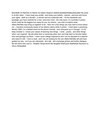
|
2025 mar 3
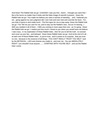
|
2024 dec 30
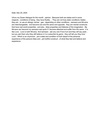
|
2024 nov 11
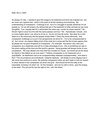
|
2024 mar 22
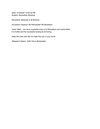
|
2023 dec 11
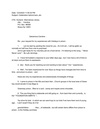
|
More... |

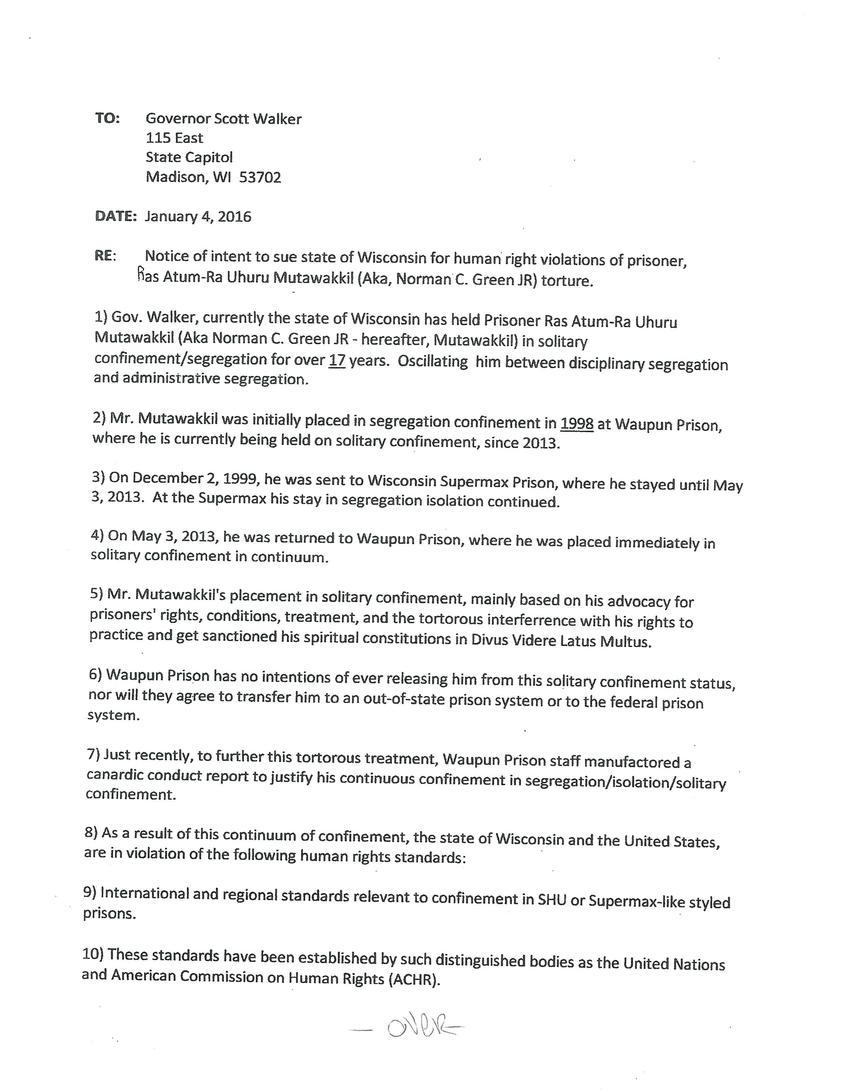
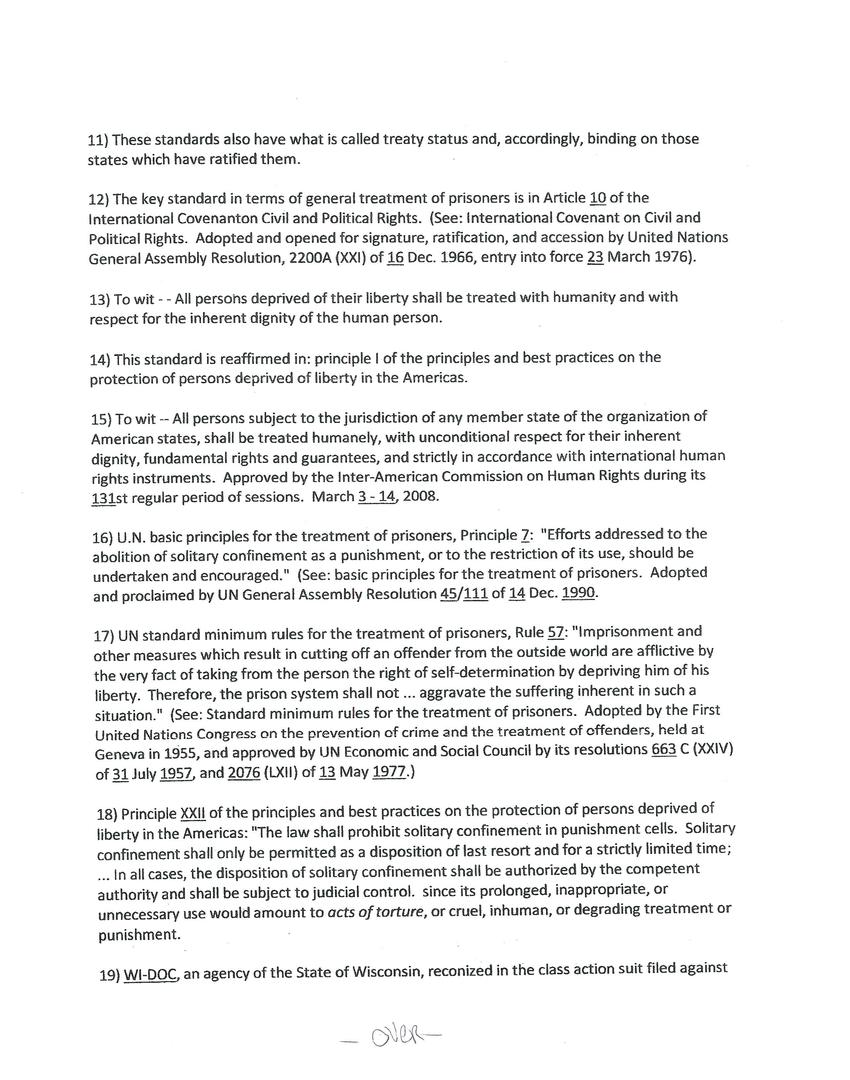
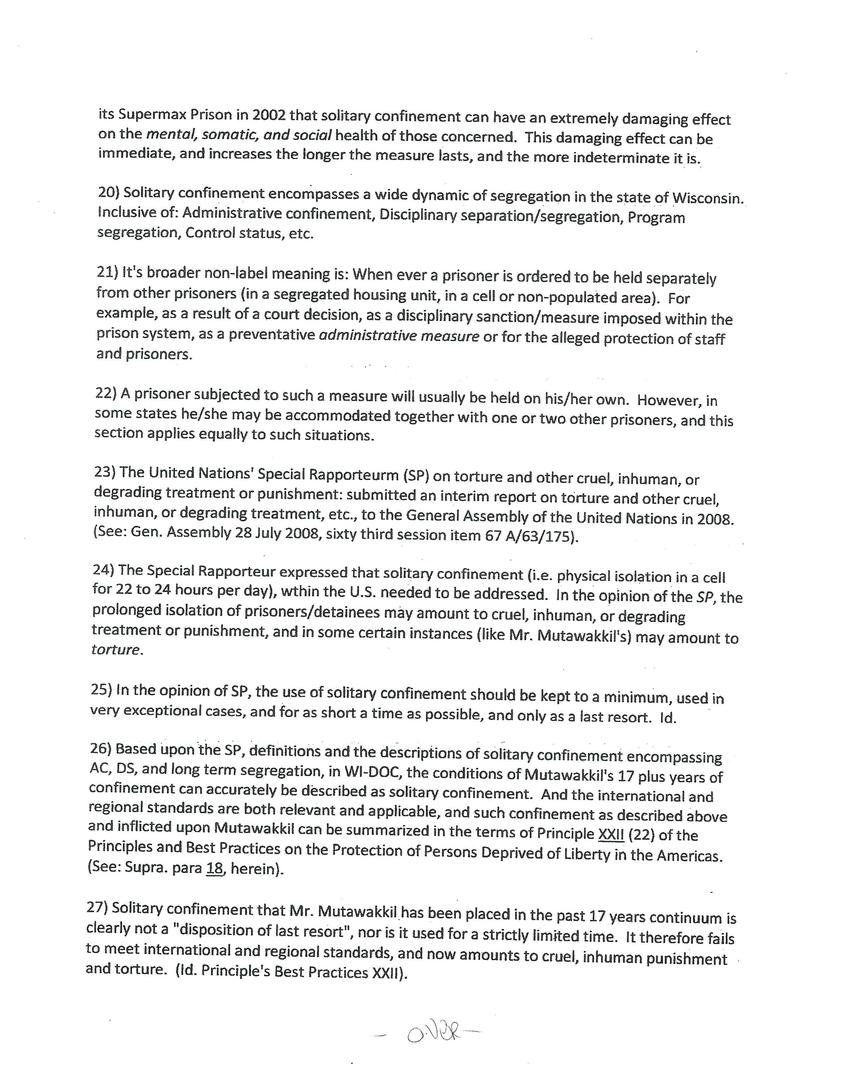
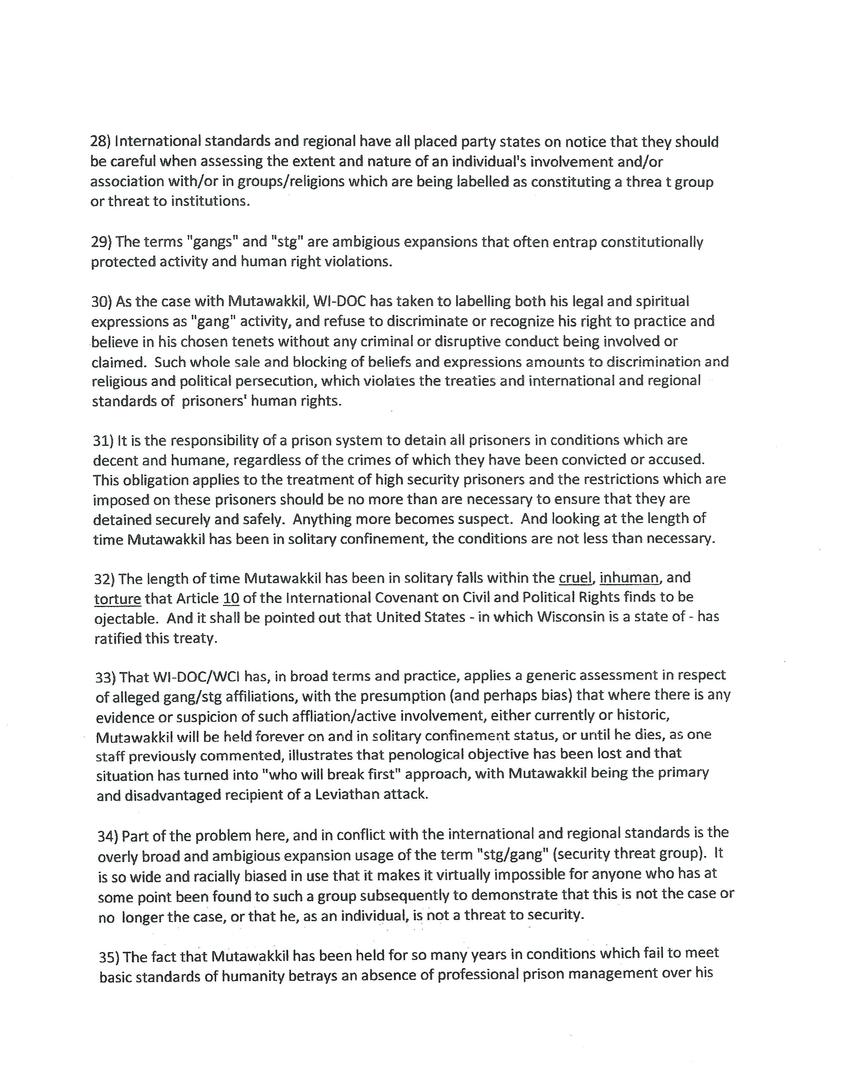
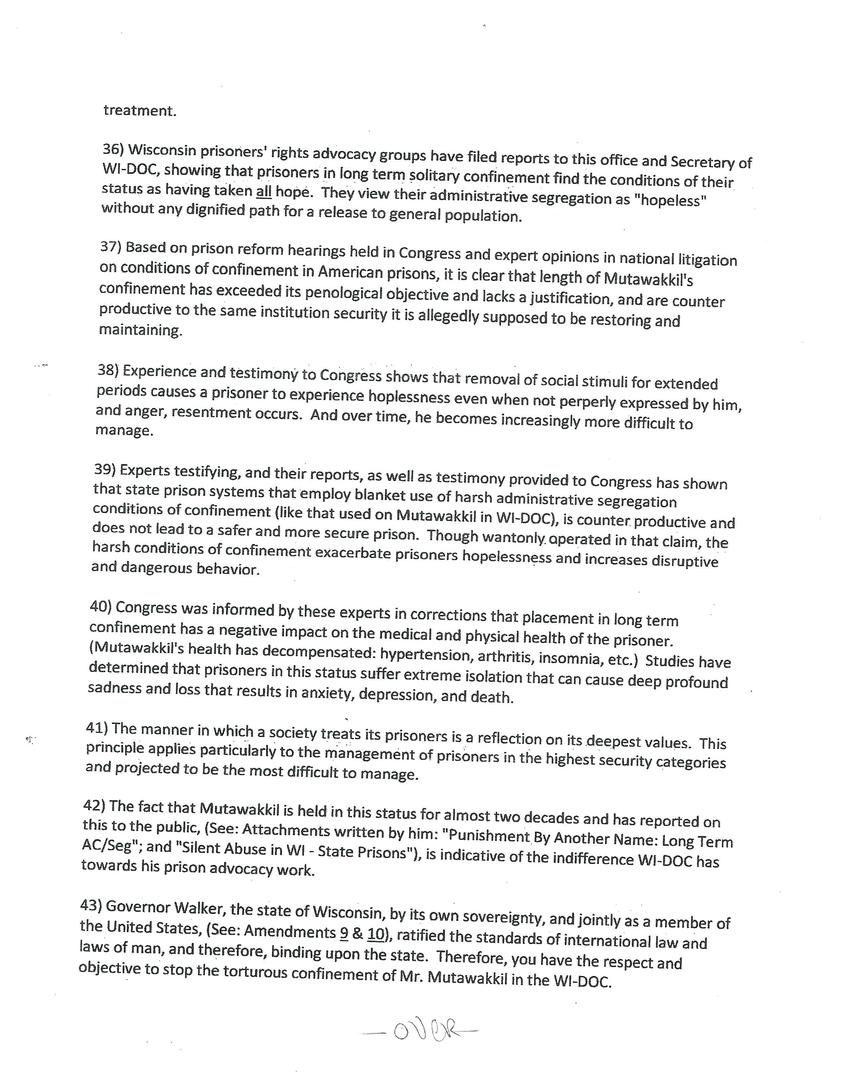
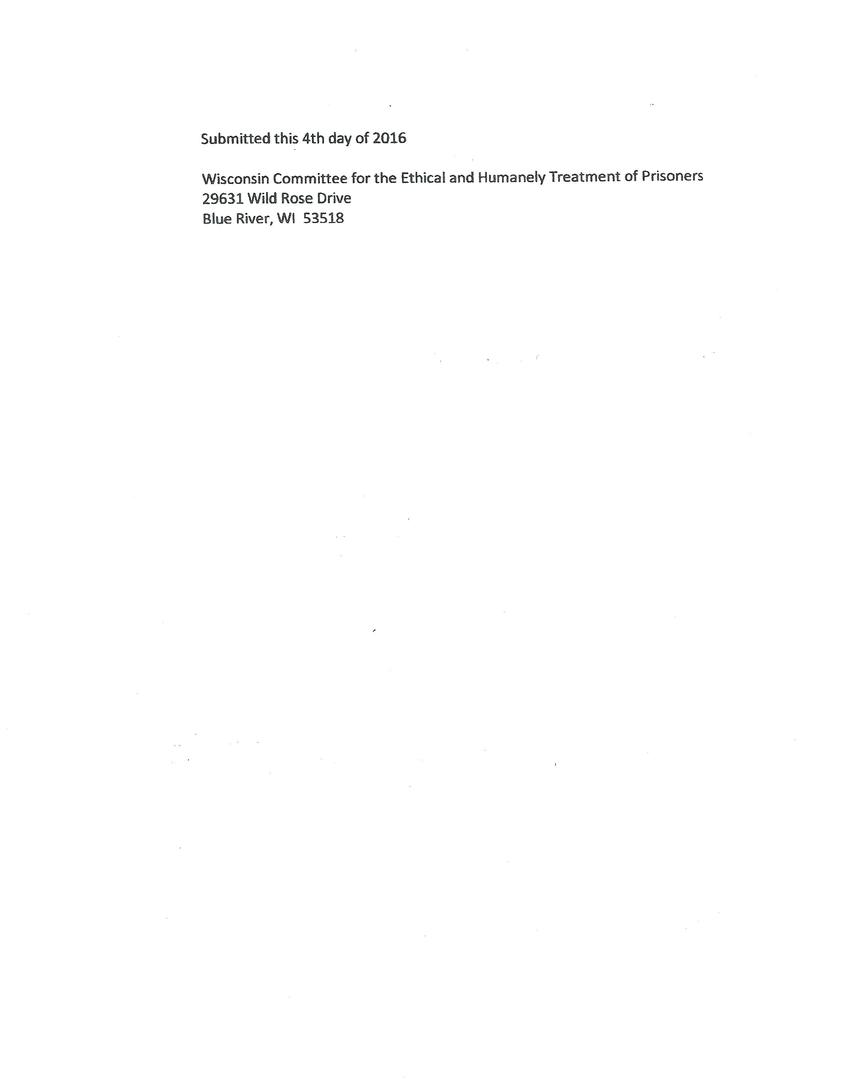

Replies